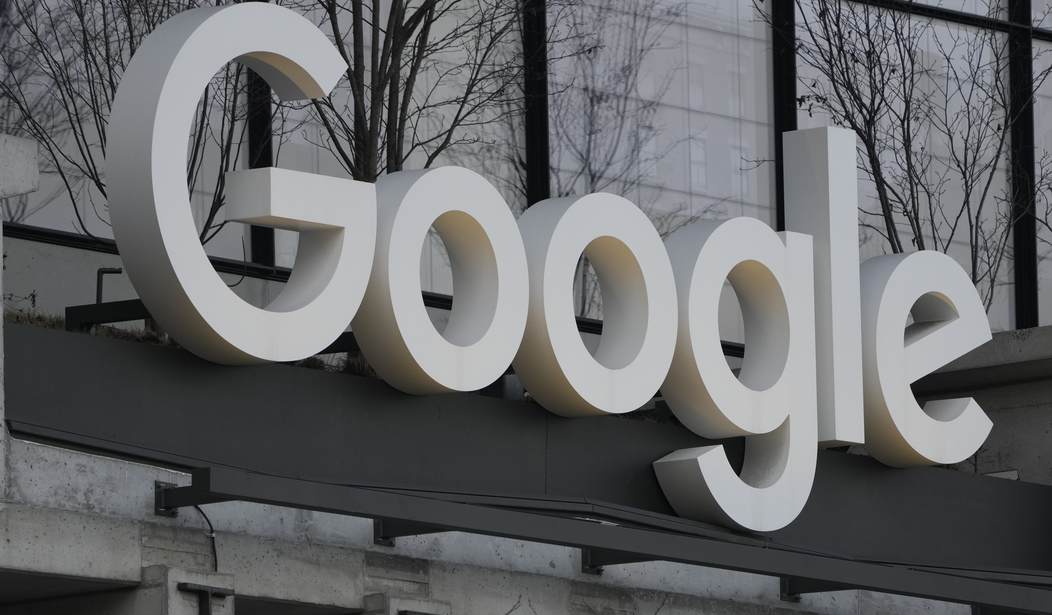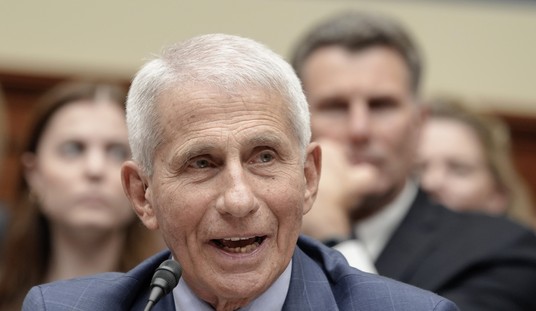There’s no denying that Google Search pervades modern life. The search engine is the most frequently visited website, and users input billions of queries each day — at a pace of nearly 100,000 per second. “Google it” has become synonymous with the generic act of retrieving information from the internet.
An antitrust case that the Department of Justice (DOJ) leveled against Google in 2020 claims that this success stems from anticompetitive conduct rather than competitive excellence. The case probed agreements whereby the proprietors of web browsers, device manufacturers, and cell-phone carriers position Google Search on their products as a default search engine. Last month, federal district judge Amit Mehta sided with the government. Although he admitted that Google has built qualitatively the best general search engine available, the judge ruled that the company’s conduct nonetheless violates the Sherman Antitrust Act.
Judge Mehta erred. Google’s dominance springs chiefly from the quality of its product (which bests any competing search engine) and from unflagging innovation. The default agreements have allowed Google access to more data, yet this has served to improve Google Search still further; and creating a better product is no sin.
Google’s enduring superiority over time has earned great trust from its business partners and users alike. Comments by one senior executive at Apple — for whose web browser, Safari, Google serves as the default — make this clear. “I don’t believe there’s a price in the world that Microsoft could offer us” to replace Google Search with Microsoft’s Bing, the executive said, quoted in the Mehta’s ruling. “They offered to give us Bing for free. They could give us the whole company.”
Recommended
Apple’s commitment to Google seems well-founded. Mozilla Firefox switched its default from Google to Yahoo in 2014, inciting a user revolt. Mozilla cut short its contract with Yahoo and returned Google to the default slot.
The less capable products offered by Google’s competition fail, when set as defaults, to secure anything like Google’s market share. The Yahoo interregnum on Firefox and subsequent trials Mozilla has run give ample evidence of consumers’ preference. Once Google was unseated, its “share of queries on Firefox abruptly dropped from between 80–90% to between 60–70%, a 20-point decline,” Judge Mehta wrote. “Yahoo’s share, in turn, increased from around 10% to 30% of the Firefox queries.”
A certain share of users simply will not change defaults — a share of users that tends to search less often and supply fewer advertising clicks, Mehta reported. “As a result [of one test, which installed Bing as Firefox’s default search engine],” he wrote, “search volume decreased by 7% and ad clicks went down 13%.” But among users willing to spend the few seconds needed to switch from a default search engine, Google prevailed. Indeed, four in five users of Microsoft — whose devices come defaulted to the browser Edge and the search engine Bing — choose Google Search. Globally, Bing users search no term more often than “google.”
Even the abolition of defaults favors Google. Confronted by neutrally presented options, users choose the one they like best. The EU “forc[ed] a ‘choice screen’ of search services onto users when they start their devices for the first time,” writes Spence Purnell, director of technology policy at the Reason Foundation. “Google isn’t even allowed to be listed at the top of that screen (users have to scroll to find it). However, since the implementation of the choice screen in 2022, Google’s market share in the European Union remains unchanged at roughly 90%.”
Contracts by which companies pay for better product placement for their products are neither uncommon nor anticompetitive per se — either in digital or offline markets. Supermarket slotting fees attract no antitrust scrutiny. Google’s default deals, moreover, predate its purported monopoly status. For example, the company’s deals with Apple date to 2005, at which time it held only about a third of the search market. To the DOJ, however, Google’s success in serving that morphs an ordinary business practice into nefarious illegality. Nonetheless, decades on, these arrangements’ benefits to Google, its partners, and their users endure. As the eminent antitrust scholar Michael Scott of Dunder Mifflin might say, “Win. Win. Win.”
Only Google Search’s rivals — baying for harsh and far-fetched legal remedies that seem closer to rent-seeking than hard-nosed legal analysis — lose out due to its successes. But shielding firms from better and more efficient competitors is not, under U.S. law, the task of antitrust enforcers. To consumers, the quantity of competition matters far less than its quality. An industry bestridden by one superb colossus will produce far more value than one awash in mediocrities. The DOJ’s suit substitutes corporate welfare for consumer welfare, privileging sub-par competitors at users’ expense.
David B. McGarry is a policy analyst at the Taxpayers Protection Alliance.

























Join the conversation as a VIP Member